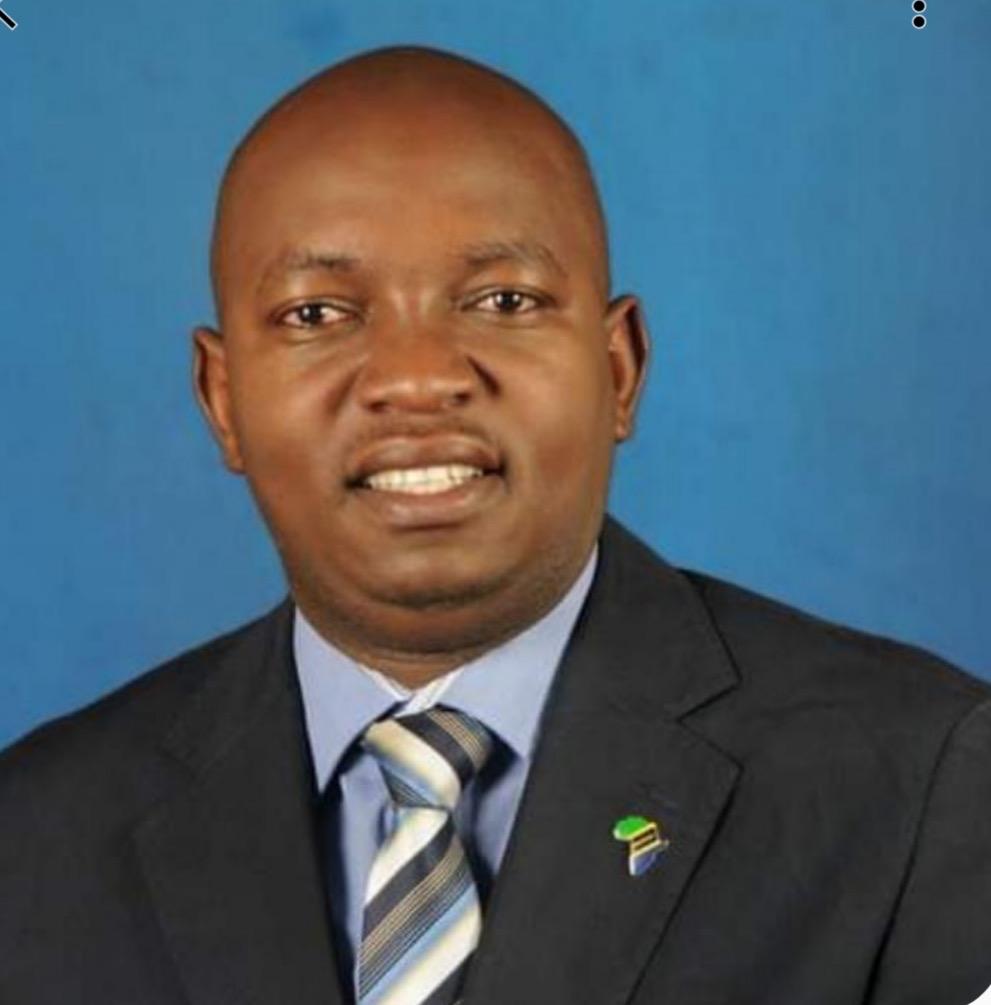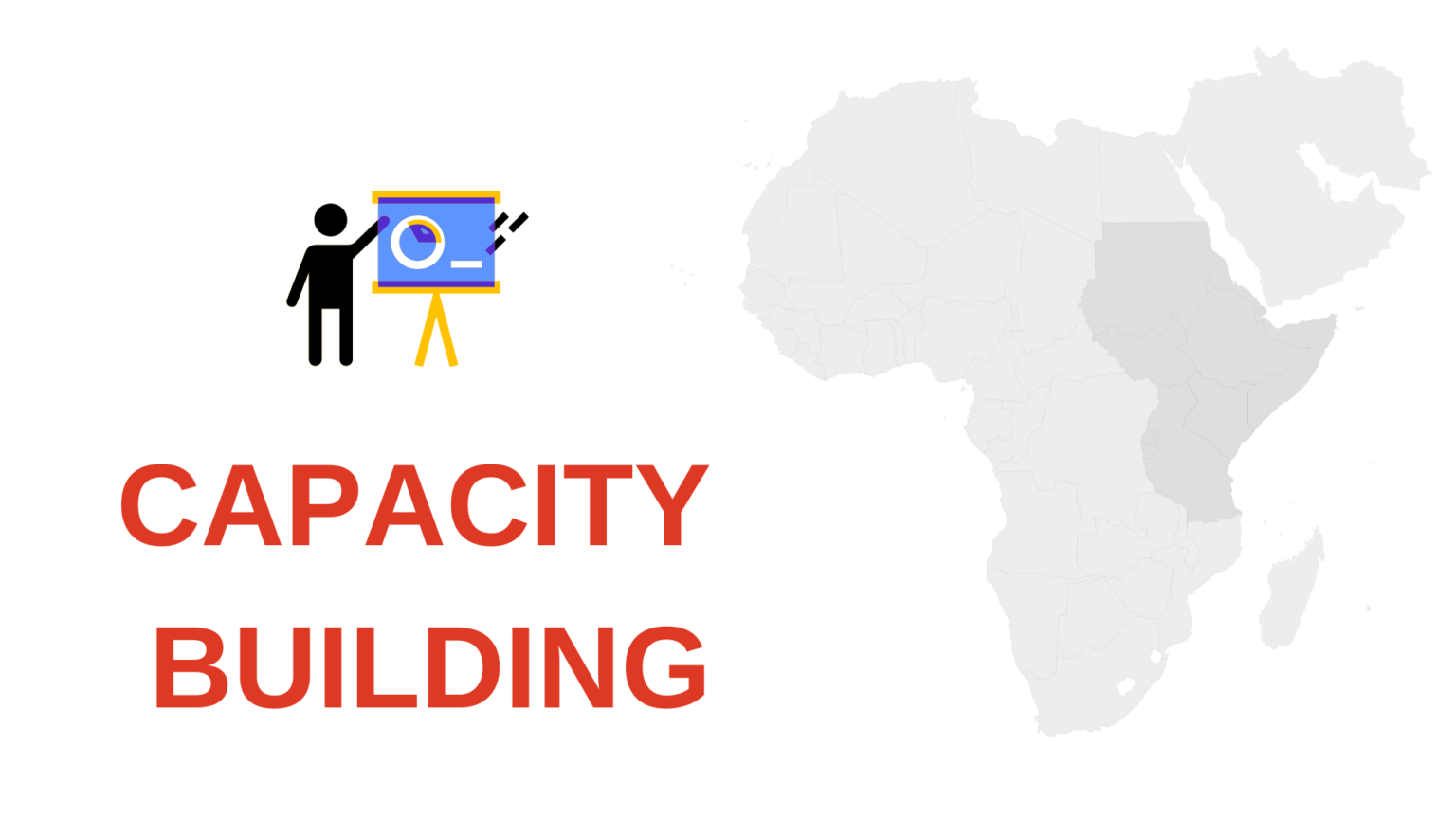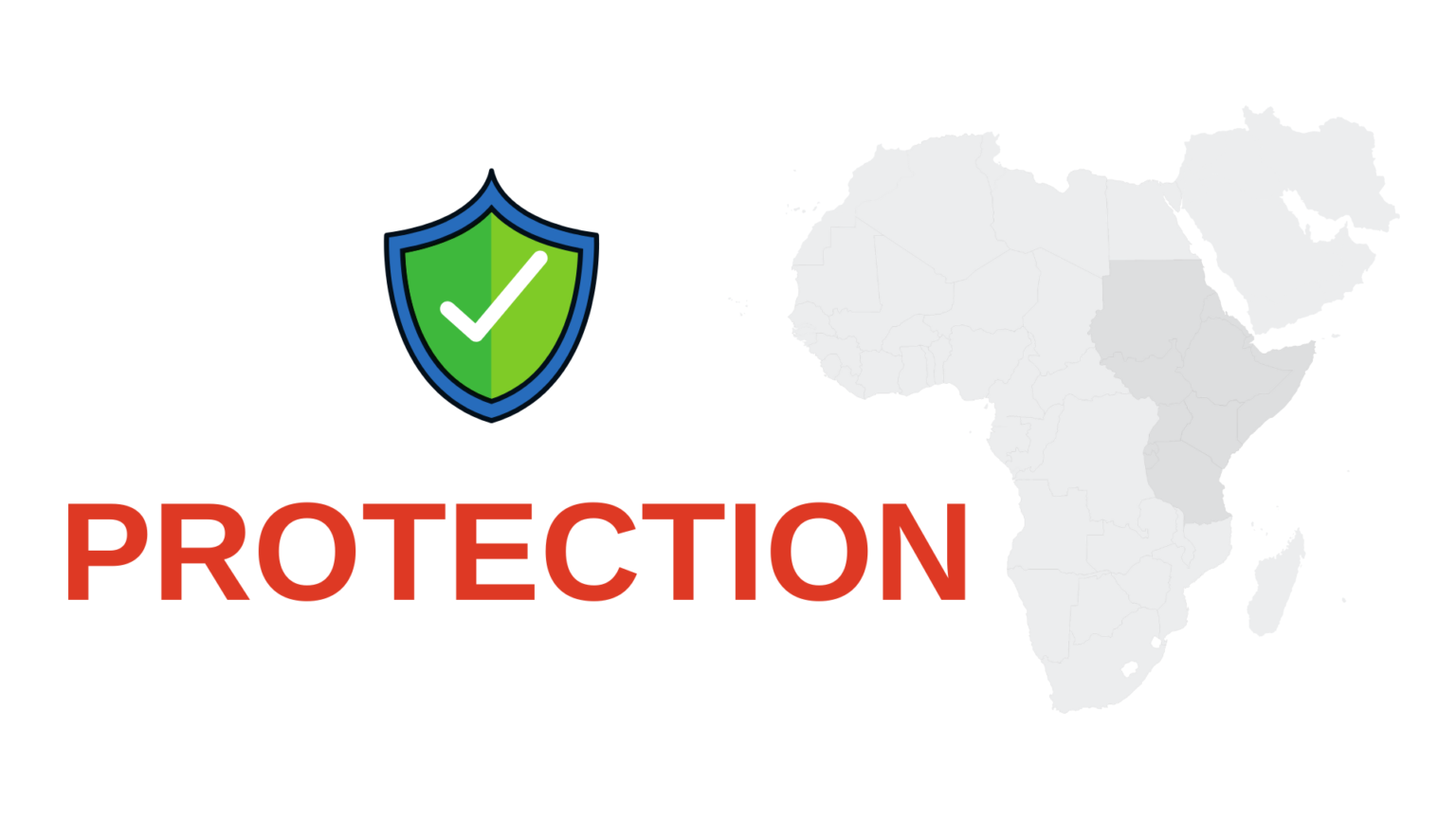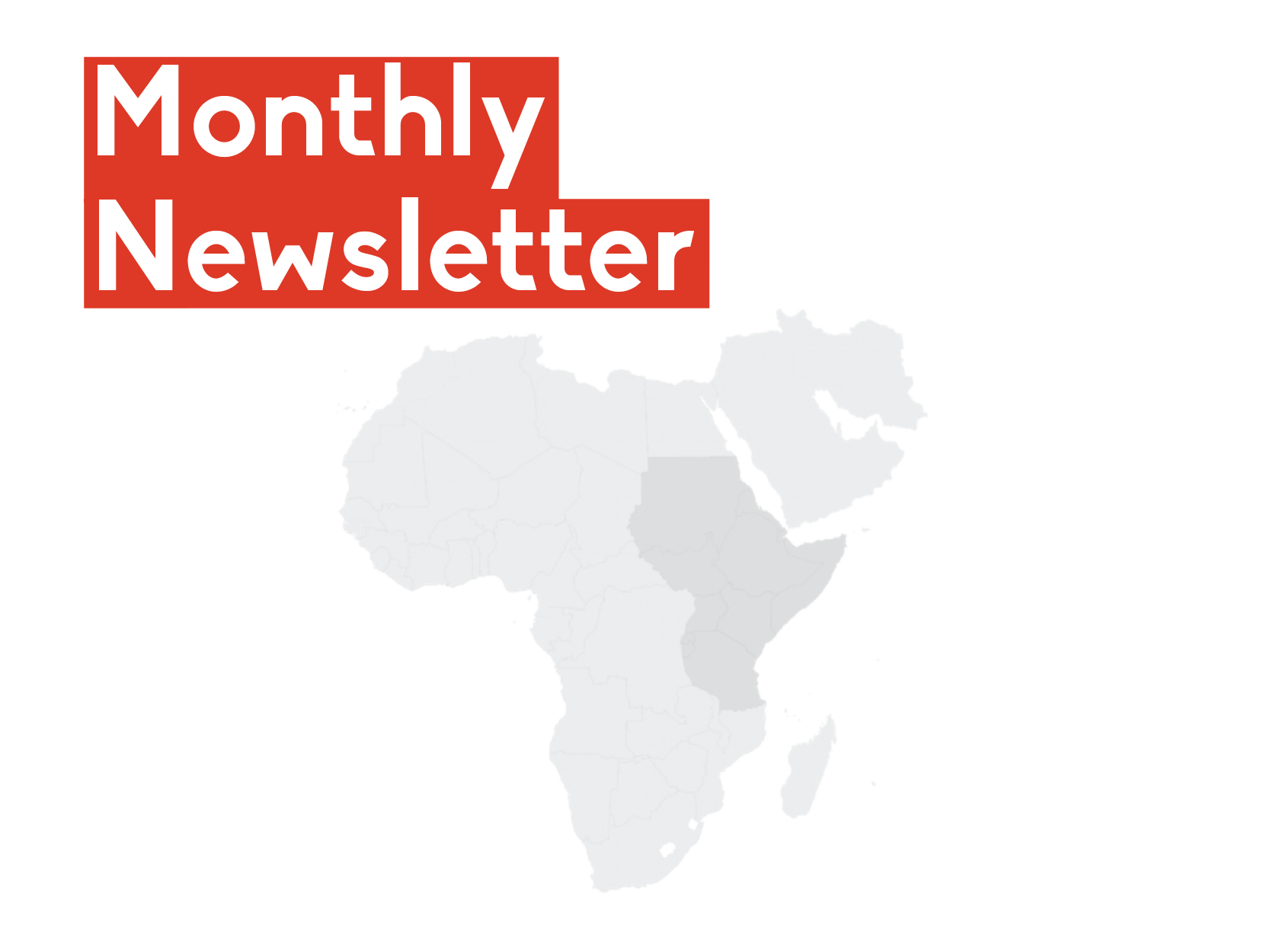Hello friends,
The suppression of the rights to freedom of peaceful assembly and expression in Uganda were magnified in July. The Generation Z campaign, #March2Parliament to voice their concerns over widespread corruption within the august house and call for the Speaker to resign was part of a broader call for accountability and transparency from public officials. The protest resulted in the arrest of several demonstrators, who were charged in court, denied bail and remanded, raising questions about the impartiality of the judiciary in the ongoing demonstrations. This situation was a ripple effect of what started in Kenya in June.
Meanwhile the ongoing youth-led protests in Kenya, driven by unemployment, political corruption, and economic inequality, prompt President William Ruto to dismiss most of his cabinet, retaining only the foreign affairs ministers. The protests, which began over proposed tax hikes and grew to include demands for action against corruption and ministerial incompetence, underscore widespread public dissatisfaction. The cabinet reshuffle is Ruto’s attempt to address these concerns and show a commitment to reform. While this political shift demonstrates the significant impact of civic activism, there are growing worries about the suppression of freedom of expression, including reports of arrests and social media censorship. The situation reflects a broader struggle in Kenya between ensuring national security and upholding civil liberties.
Through our efforts to strengthen coalition building and enhance the capacities of national coalitions of HRDs, the recently reinvigorated Sudan Defenders will issue a monthly publication which aims to keep readers well-informed about the complexities of the situation in Sudan, highlighting both the challenges and the crucial efforts being made to address them. I hope this newsletter will be a valuable resource for understanding the crisis and contribute to the broader dialogue on supporting peace and recovery in the country. I encourage you to read it.
Lastly, I extend gratitude to all partners, including national coalitions and sub-regional networks of human rights defenders, who ensure their safety and effectiveness. Additionally, thank you to all development partners who relentlessly support protection of HRDS. DefendDefenders remains fully committed to its mission to enhance the safety and capacities of HRDs in the region for greater resilience and effective fulfilment of their mandates.
I invite you to turn the pages.
Hassan Shire,
Executive Director, DefendDefenders
Chairperson, AfricanDefenders
Human Rights Defender of the month: Peter Michael Madeleka

For four years, Peter Michael Madeleka built a career as a corporate lawyer, deeply engrossed in the intricacies of corporate legal work. Human rights law was far from his focus—until a life-altering event in 2019 changed everything.
In 2019, Peter was unjustly arrested and charged with money laundering, leading to nearly two years of incarceration with his wife, Jamila Ilomo. Peter was wrongfully convicted due to a coerced plea bargain with the Director of Public Prosecutions (DPP).

From 1 – 5 July 2024, DefendDefenders carried out an Advocacy training to build the capacity of 10 HRDs with knowledge in advocacy, regional and international mechanisms, research, messaging,and content creation. The training had participants from Uganda (3), Rwanda (2), Tanzania (2) and DRC (1), Sudan(2).
From 15- 19 July 2024, the Protection and Security management team conducted a security and management training for 16 exiled human rights defenders from Sudan. The training primarily focused on enhancing the skills and knowledge of human rights defenders in physical and digital security management, enabling them to effectively continue their activism, respond to, and mitigate risks and threats while in exile. The team also assisted the HRDs in developing and updating their individual and organizational security plans. Additionally, the training strengthened their skills in wellbeing and self-care, recognizing the challenges of continuing human rights work while in exile.
From 1- 6 July 2024, the protection and security management team worked with 10 human rights defenders to create a Kobo toolbox training manual for beginners. This is part of DefendDefenders’ commitment to enhance the human rights defenders’ skills in monitoring, documenting, and reporting human rights violations and abuses. The team produced a detailed beginner’s guide on using the tool for reporting human rights abuses and violations. The draft is still under review and yet to be translated into other languages including French to be used across Africa.
From 29 – 31 July 2024, DefendDefenders conducted a wellbeing training for 20 youth and women human rights defenders working on mostly issues of business (mining) and human rights, female genital mutilation and child protection from across Karamoja. The training camp focused on the effects of stress on the human body, exploring its symptoms, stress management therapies, and self-care practices. Participants were introduced to artistic expressions as a form of stress therapy and a tool for advocacy. They engaged in art therapy, music, dance, body movement therapy, and environmental therapy. The sessions were well received, with participants reporting positive impacts. One participant shared that she arrived feeling psychologically unwell but experienced healing through the sessions.
From 16 – 18 July 2024, DefendDefenders conducted a 3-day security management training for 8 staff of Women in Informal Employment Global Organization (WIEGO) Partners in Ghana and Senegal in Accra, Ghana. The training aimed to equip participants with the skills to identify and address risks in their human rights work. It covered physical security, including threat analysis, risk assessment, and security planning, as well as digital security topics like data encryption and device protection. Participants developed safety and security plans tailored to their contexts, resulting in two organizational security action plans to be implemented post-training.
From 8 – 12 July 2024, DefendDefenders, with support from the Irish Embassy, conducted a Safe Sister training for 10 women human rights defenders (WHRDs) from the Albertine and Northern Regions. The training aimed to enhance the capacity of WHRDs in digital safety, enabling them to effectively mitigate, manage, and respond to imminent risks and threats. Additionally, it sought to create a community of women digital safety practitioners who can provide digital safety services.
From 15 – 31 July 2024, as part of the Infuse Exchange Program, Dorina Mathayo from Tanzania joined DefendDefenders as a Digital Protector Fellow. This two-week, in-person, cross-regional exchange program provided her with the opportunity to immerse herself in a new threat environment and gain hands-on experience relevant to her new area of expertise in Specialised Technical Expertise (STE).
From 1- 19 July 2024, AfricanDefenders participated in an online workshop hosted by Global Resource Hub on Freedom of Peaceful Protest consortium partner Centro de Estudios Legales y Sociales (CELS). The workshop explored intersectionality as a feminist methodology to study the right to protest, using global protest movements such as the #ENDSARS protest movement as case studies.

In July, the 56th session of the UN Human Rights Council (HRC56) concluded with the adoption of an important resolution on Eritrea, which was strongly advocated for. Beyond extending the mandate of the Special Rapporteur on the country, the resolution underscored that being a member of the Council does not shield a nation from scrutiny.
From 15 – 19 July 2024, AfricanDefenders secretariat held a virtual consultation with new mandate holder Ms. Gina Romero. Discussions focused on providing regular contextual updates from Africa and exploring collaboration opportunities between the mandate holders’ office and AfricanDefenders.
On 19 July 2024, AfricanDefenders’ Program Assistant Christabell Kibazhu attended Uganda Law Society’s (ULS) 28th State of Rule of Law report presentation for the second quarter in Kampala. The report highlighted advancements in justice access, anti-corruption efforts, and progress on the HRD Bill. However, it also pointed out ongoing challenges, including press freedom violations, the continued prosecutions under the Computer Misuse Act and the failings of Uganda Human Rights Commission to execute its mandate to hear and determine complaints filed before it.
From 25 – 26 July 2024, AfricanDefenders Coordinator, Joseph Bikanda represented AfricanDefenders’ Chairperson and DefendDefenders’ Executive Director Hassan Shire attended the 4th Annual General Meeting of the South Sudan Human Rights Defenders Network. During the meeting, AfricanDefenders’ Coordinator highlighted the network’s formation, modeled after the Defenders Coalition Kenya, and praised its significant impact on South Sudan’s human rights landscape.

In month of July, DefendDefenders received and handled 135 requests for support from HRDs at risk. Out of the total requests received; 34 (25%) requests were approved (23 male activists, 10 female activists, and 1 others). A total of 44 beneficiaries indirectly gained from the granted support. For the approved requests, 11 requests were from Uganda, 9 from Sudan, 5 from Kenya, 3 from Burundi, 2 from Somalia, 2 from DRC, 1 from Ethiopia, and 1 from Angola.
25 (19%) requests were referred to various partner organizations, 56 (41%) requests were rejected, 1(1%) request was withdrawn by the activist, and 19 (14%) requests are still pending and under the verification process.
Country Updates
SOUTH SUDAN
In July 2024, during a session of South Sudan’s national parliament on the National Security Service (NSS) Amendment Bill, security officers arrested civil society members and took severe actions against journalists, including forcing one to delete photos and locking another in a media gallery room. These incidents, which prevented the public from observing and reporting on the debate, highlight a troubling pattern of intimidation and suppression of press freedom and civil liberties ahead of the 2024 general elections. The heavy-handed approach by security forces has raised concerns about the increasing restrictions on freedom of expression and assembly in South Sudan, prompting calls from the international community and local advocates for greater protection of civil rights and press freedom
UGANDA
Between 22 and 25 July 2024, over 100 people were arrested in Uganda during a protest march to Parliament, with most brought before the court by 25 July. The protest on 23 July #March2Parliament, inspired in part by youth-led demonstrations in Kenya, saw young Ugandans demanding the resignation of Speaker of Parliament Anita Among, implicated in a corruption exposé. The arrested people faced charges like being a common nuisance and disobeying traffic rules. While many protesters were released on bail, the rapid arrests and quick court proceedings raised concerns about judicial impartiality, with activists accusing the judiciary of being used to suppress dissent. Additionally, allegations of sexual harassment emerged following the arrests, though the Uganda Police Force denied these claims, calling them propaganda.
BURUNDI
In July 2024, two incidents in Burundi highlighted the worsening repression of press freedom and civil liberties. On July 1, Gérard Nibigira, a journalist for Radio-Télévision Isanganiro, was arrested by local police in Gitega after photographing officers showing favoritism in fuel distribution, with his phone confiscated and no valid explanation given. On 13 July, Pantaléon Ntakarutimana, a correspondent for Jimbere magazine and Indundi Culture radio, was arrested on orders from the Bweru local administrator for allegedly spreading false information about a road accident. These actions reflect a broader trend of government efforts to suppress independent journalism and control the narrative, undermining free expression and public discourse. This repression is contributing to a shrinking space for human rights in Burundi, prompting calls from the international community for greater protection of press freedom and democratic principles.
TANZANIA
Tanzania faced significant human rights concerns in July, particularly related to the forced relocation of Maasai communities from the Ngorongoro Conservation Area (NCA). The authorities have arrested community activists and denied civil society organizations entry into the NCA. Human Rights Watch found that those allowed in into NCA have been closely monitored by government rangers. These restrictions and fear of government retaliation have deterred civil society groups from raising awareness about the relocation process and the human rights abuses against affected communities. The government has systematically silenced critics of this process, fostering a climate of fear among residents and local human rights defenders. This process has resulted in numerous violations of the rights of Maasai residents, including their rights to land, freedom of expression, assembly, and access to education and health, as protected under regional and international human rights treaties ratified by Tanzania.
RWANDA
Amnesty International condemned President Paul Kagame’s government for severely undermining human rights in Rwanda in the lead-up to the presidential and parliamentary elections on 15 July. The statement accused the government of systematically suppressing political opposition through harassment, intimidation, and arrest, while also targeting civil society organisations and independent media. This repression involved arbitrary detentions, torture, and enforced disappearances, aimed at ensuring Kagame’s re-election. Amnesty International called for international scrutiny and pressure on the Rwandan government, warning that these actions not only violated fundamental freedoms but also threatened the integrity of the electoral process and democratic governance. Despite these concerns, the elections proceeded, and Kagame was re-elected with over 99% of the vote, raising further questions about the legitimacy of the electoral process.
KENYA
In July, Kenya’s escalating protests, initially driven by opposition to tax hikes and expanding to broader issues, revealed significant human rights concerns. The government’s increasingly heavy-handed response included widespread arrests, reports of excessive force, and the suppression of freedom of expression. Efforts to stifle dissent extended to social media censorship and the intimidation of protesters, activists, and journalists. Organisations like Amnesty International and Human Rights Watch condemned these actions, highlighting arbitrary detentions, torture, and enforced disappearances as violations of international human rights standards and a threat to Kenya’s democratic institutions. The Ruto administration faced criticism for undermining democratic freedoms, with warnings that this erosion of civil liberties could exacerbate the political crisis. These events highlighted the fragility of human rights in Kenya.

